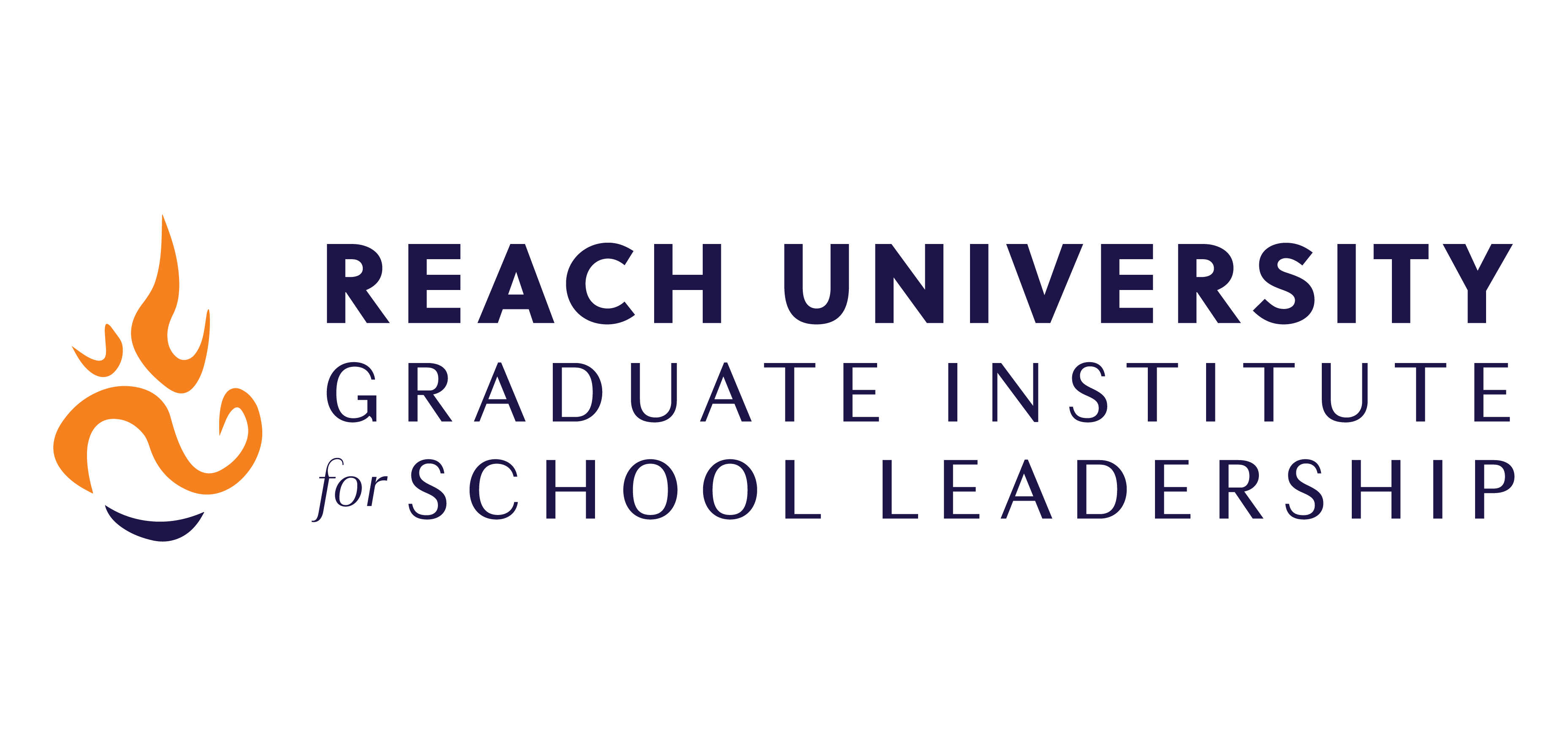Improving Instructional Strategies to Support Oral Language Development

Developing students to be bilingual and biliterate is a primary goal of dual language immersion programs. Research has shown that these programs have positive benefits for students including higher academic achievement and increased cognitive abilities. Despite the growing evidence that dual language programs can provide outstanding opportunities for students, implementing a strong program with high outcomes can be very challenging. Among these challenges include staffing these programs with qualified teachers that have expertise in bilingual education and language acquisition. The staff at International School have been very successful overall at supporting students to high achievement. But one area that students did not meet the school’s proficiency target is in the skill of speaking. As a site administrator at International School, I designed an intervention to address students’ oral language skills. I wanted to increase teachers’ pedagogical knowledge of language acquisition and support them in learning effective oral language development strategies. The intervention that I designed included a series of three professional developments which were followed by three sets of teacher observations and debrief meetings. Additionally, I engaged in coaching cycles with two teachers following each professional development which included discussion of content from previous professional development, co-planning lessons and providing feedback from observations. This intervention resulted in an increase in teacher knowledge of language acquisition and an increased use of oral language development strategies. This intervention also increased the amount of time that all students had to speak and practice oral language as observed in the last set of classroom observations.

